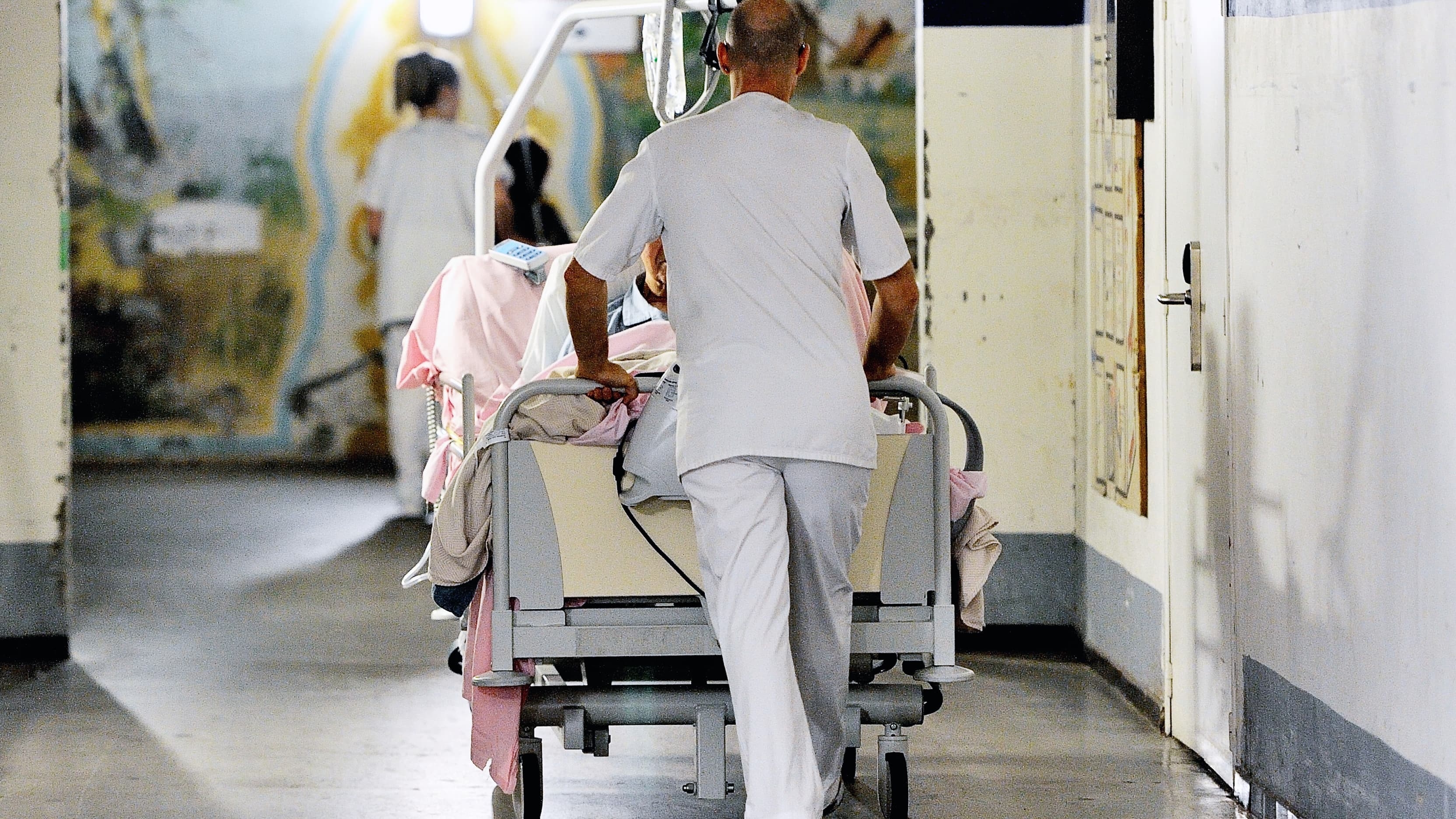The Court of Auditors warns of shortcomings in stroke care

Every year, 120,000 people suffer a stroke in France. Of these, 30,000 die. In a report published on Tuesday, October 28, the day before World Stroke Day, the Court of Auditors highlighted shortcomings in the management of strokes.
First of all, prevention is far too neglected and is not the subject of a specific policy. "Stroke prevention is linked to that of cardiovascular diseases, with which it shares the associated risk factors, both behavioral (tobacco, alcohol, diet, sedentary lifestyle) and metabolic (high blood pressure, diabetes, cholesterol)," points out the Court of Auditors.
"However, the specific nature of the hierarchy of risk factors for stroke is not sufficiently taken into account. First, the fight against hypertension, which represents the main risk factor for stroke, should be a greater priority in prevention policy," the Court of Auditors specifies.
While hypertension is the main risk factor for stroke, its "screening and management are stagnating, or even regressing for women , and are far from those achieved in other developed countries," the report warns.
Other risk factors for stroke remain largely unknown in society, such as "sleep apnea, drug use or the combination of chemical contraception and tobacco among young women", explains the Court of Auditors.
People with comorbidities, those over 60, or those who have experienced a transient ischemic attack are particularly at risk of stroke. However, "prevention of this condition appears insufficiently focused on screening and monitoring of at-risk populations," warns the Court of Auditors, which believes it is necessary to "define a national communication strategy on public awareness of stroke," among other things.

In 2010, a stroke plan called for the creation of 140 neurovascular units (NVUs), which provide emergency care for patients with a stroke. While the objective has been met, the number of NVUs is currently lower than the needs identified by the regional health agencies (ARS), and "the provision of specialized care remains unevenly distributed across the country."
The report also raises questions about the care provided to stroke victims. Only 50% of them were able to receive treatment in a neurovascular unit in 2023, far from the 90% target. "Faced with difficulties in recruiting medical and paramedical staff," stroke units sometimes have to turn away patients or close beds.
Interviewed by BFMTV, Margot Turcat , who suffered a stroke at age 30, explained that she received very poor care. "The emergency medical services (SAMU) didn't believe me and sent me to SOS Médecins, who also didn't believe me. The doctor thought I was having a migraine with aura." In total, Margot Turcat waited four hours before being admitted to a stroke unit. A very long delay, especially considering that during a stroke, two million neurons die every minute.
Support for stroke victims also needs improvement. Of the more than 75,000 people affected by this condition in 2022, 17,000 had severe disabilities upon returning home, "without having been able to access medical rehabilitation care," the Court notes. "Some returns home therefore occur without the essential provision of rehabilitation or re-adaptation care."
"Returning to work proves difficult after a stroke, and nearly 10% of the 24,000 victims between 40 and 59 years old are receiving disability pensions," the Court of Auditors report indicates.
Even worse, in 2022, some 20,000 stroke victims with a long-term illness (ALD) "did not have a primary care physician." This lack of medical follow-up "does not help patients change their lifestyle habits after a stroke to prevent recurrence," warns the Court of Auditors.
The report from the institution continues: "Care in a neurovascular unit, but also, downstream, in medical rehabilitation care, is crucial for patient survival and limiting long-term effects." Yet, "nearly a third of hemorrhagic stroke victims with severe disabilities following their stroke do not receive hospitalization in a neurovascular unit," the Court of Auditors laments.
According to her, "better patient guidance, better coordination of healthcare professionals and shorter hospital stays could generate €200 million in savings."
BFM TV





